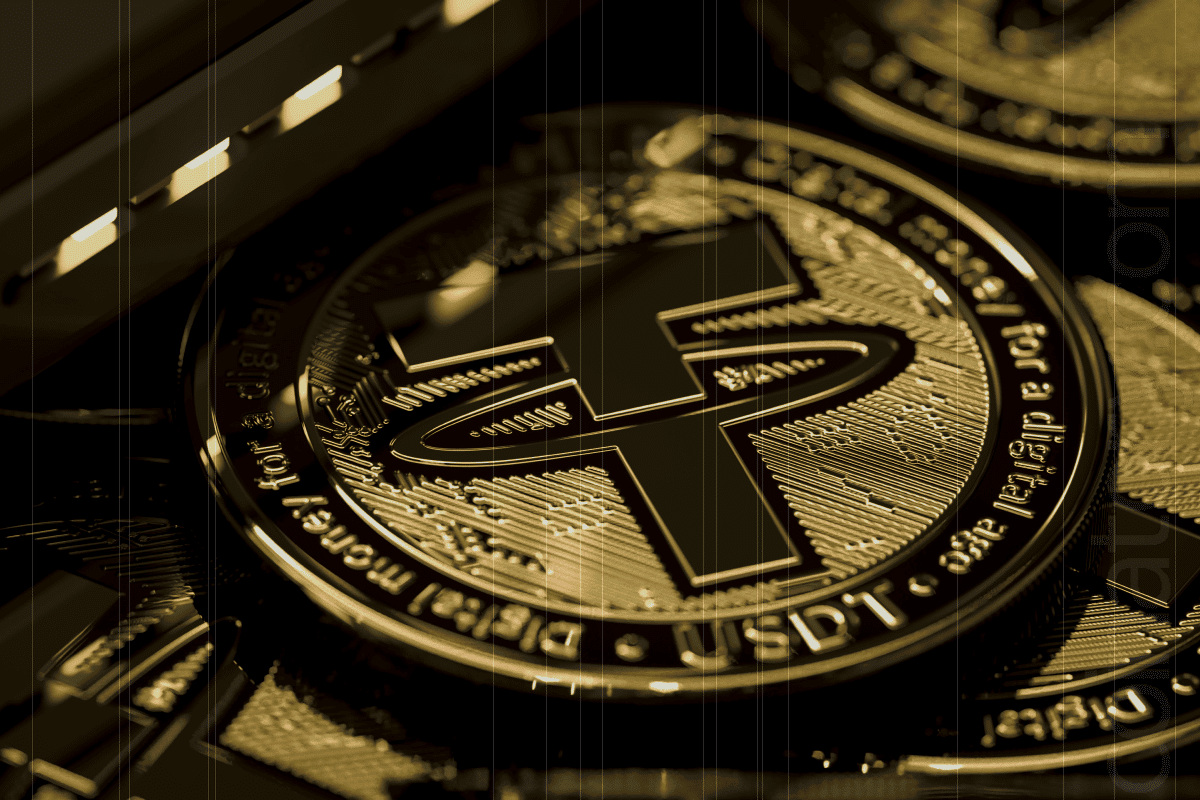
As part of its ongoing global drive for digital transformation, Tether has announced a strategic agreement with the Republic of Guinea’s government to increase access to blockchain and peer-to-peer (P2P) technology.
Tether verified the signing of a memorandum of understanding (MoU) with the government of Guinea in a statement issued on February 17. The agreement aims to boost the nation’s digital transformation efforts and promote economic growth.
Tether’s official blog states that innovation, education, and sustainable technology development will be the main focuses of the collaboration. The business plans to assist Guinea’s modernization initiatives by utilizing its knowledge of digital finance and blockchain adoption. The City of Science and Innovation of Guinea, a project aiming at promoting technical research and development, may also be included in the effort.
“This MoU reflects our commitment to helping countries build resilient digital economies. Together, we aim to implement efficient blockchain solutions that benefit both public and private sectors, paving the way for economic growth and establishing Guinea as a leader in technological innovation.”
— Tether CEO Paolo Ardoino
Through numerous official agreements around the world, Tether, the issuer of the largest U.S. dollar-pegged stablecoin (USDT), has been gaining more clout.
Under President Nayib Bukele’s leadership, El Salvador became the first nation to accept Bitcoin (BTC) as legal tender, and Tether recently moved its global headquarters there.
Through collaborations in Georgia, Uzbekistan, Turkey, and Switzerland (City of Lugano), Tether has also been instrumental in advancing the acceptance of blockchain technology and cryptocurrencies. In order to promote the broad use of digital assets and decentralized finance (DeFi) solutions, the company has also started blockchain teaching programs in Ivory Coast, Indonesia, and Vietnam.







